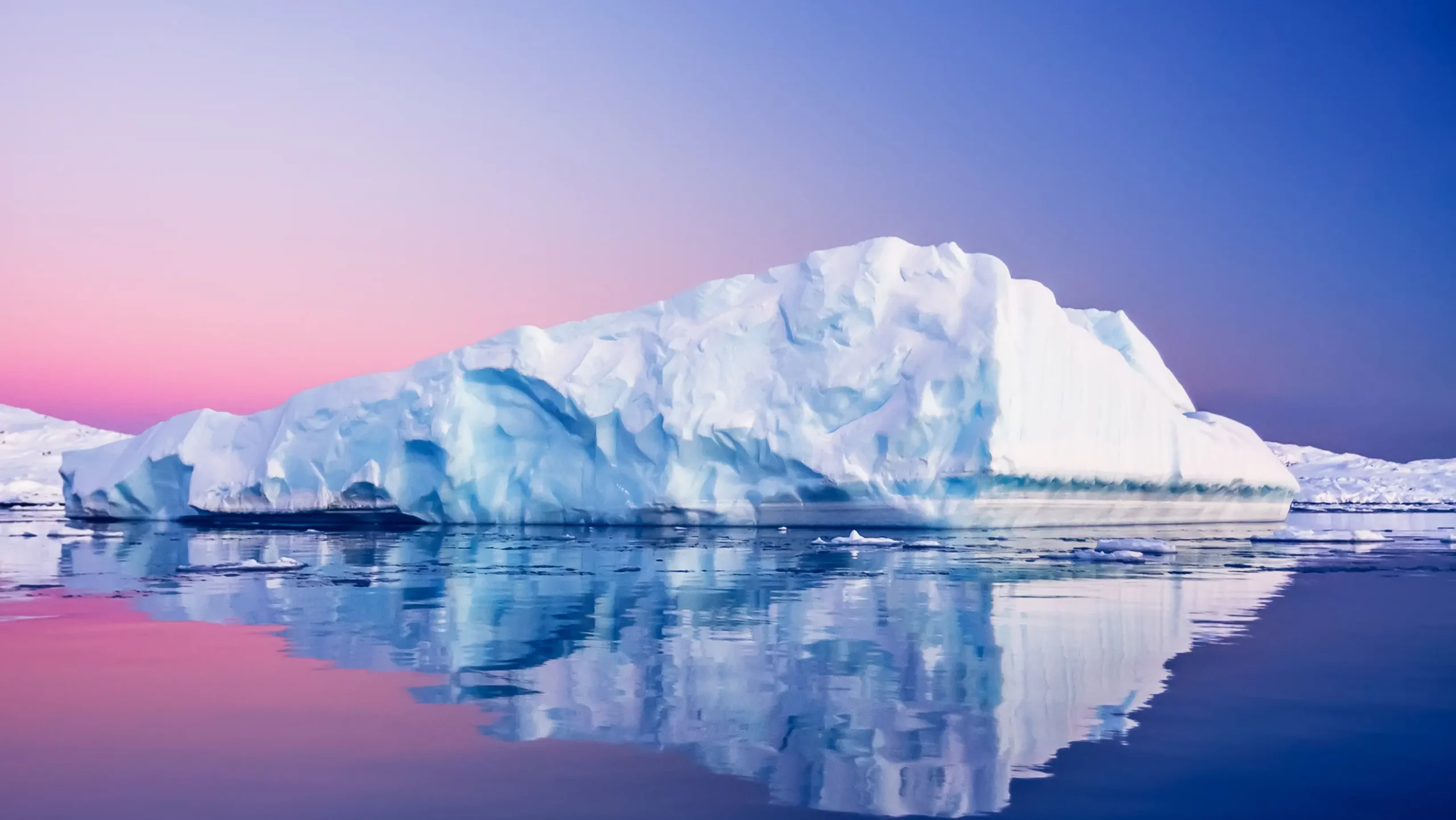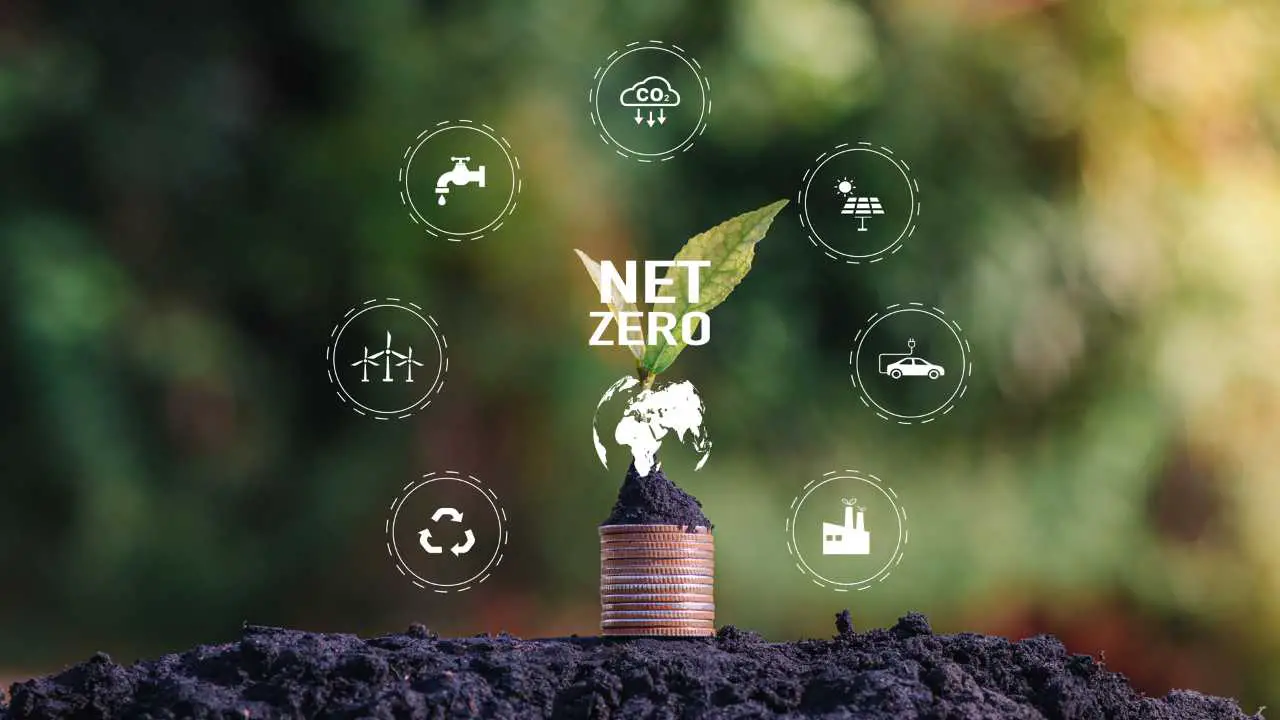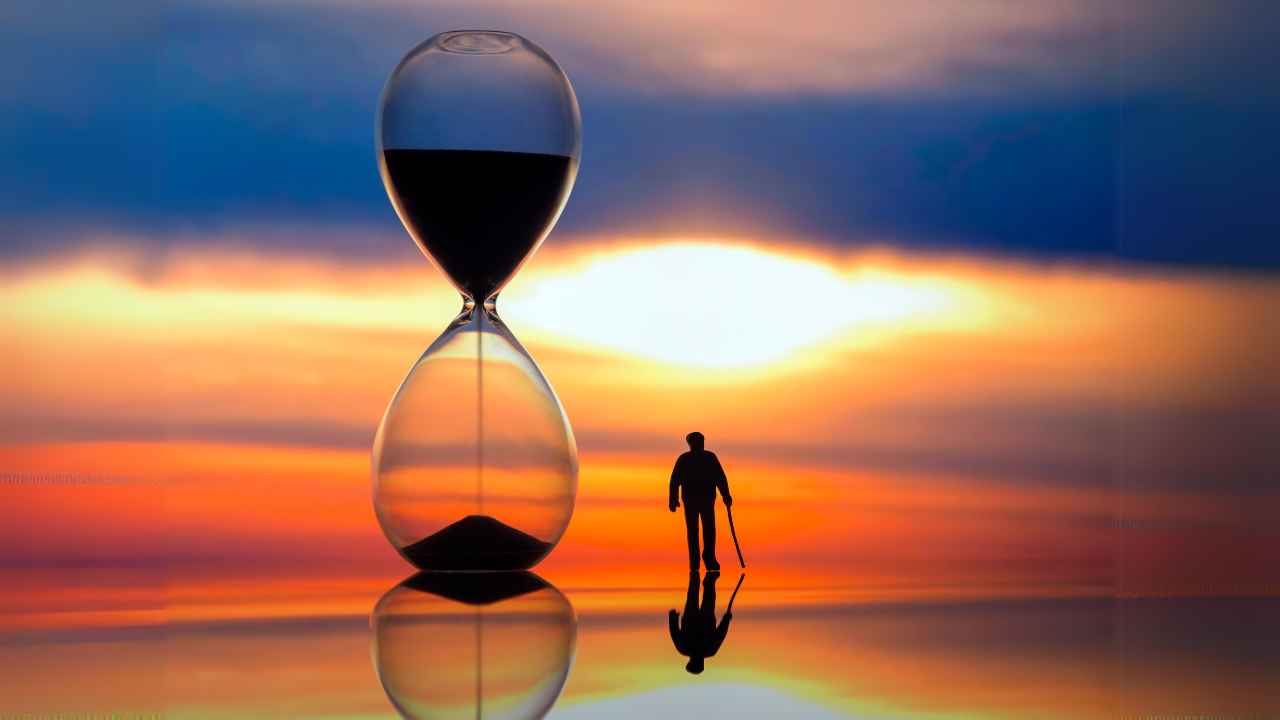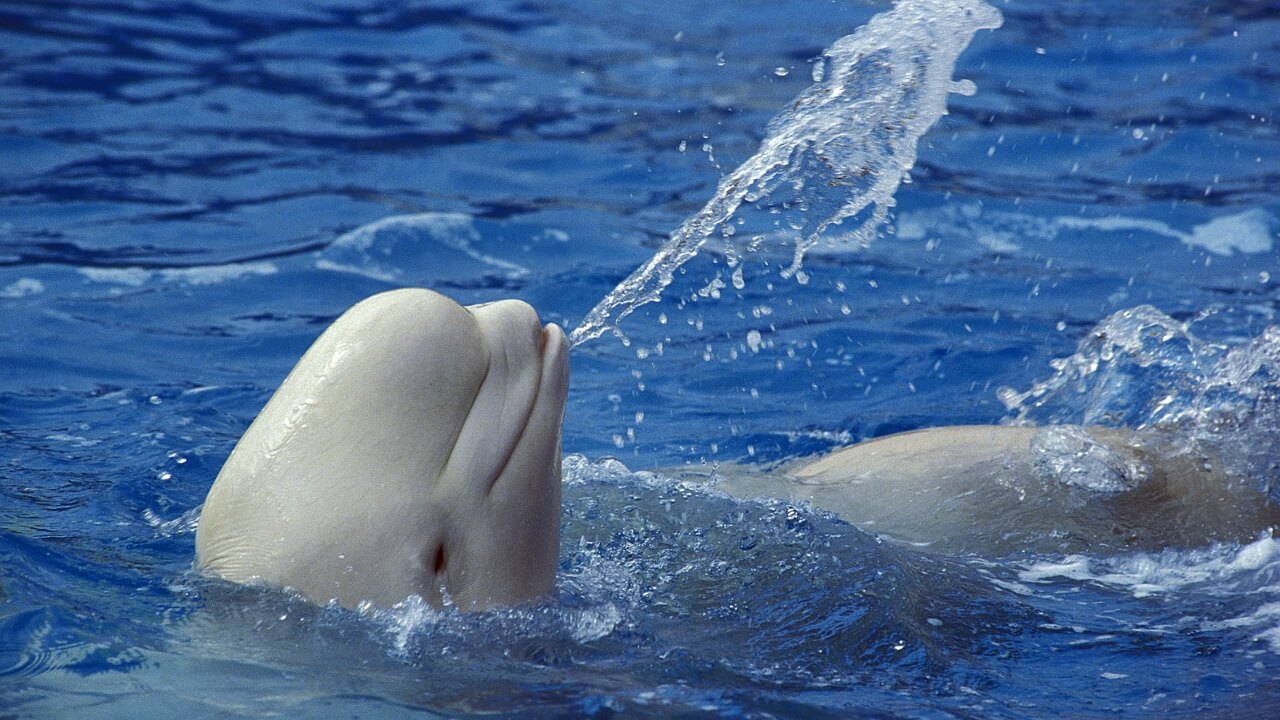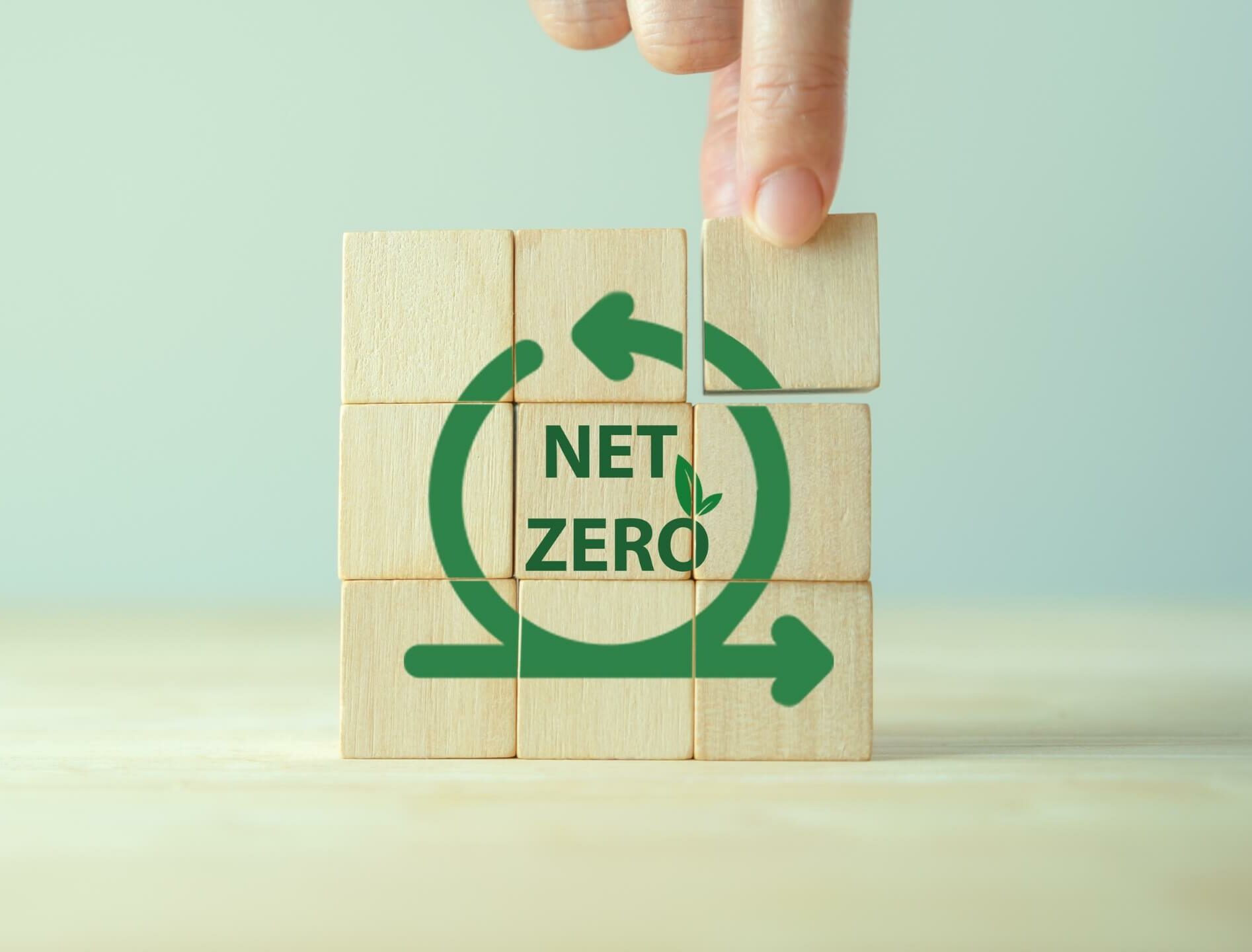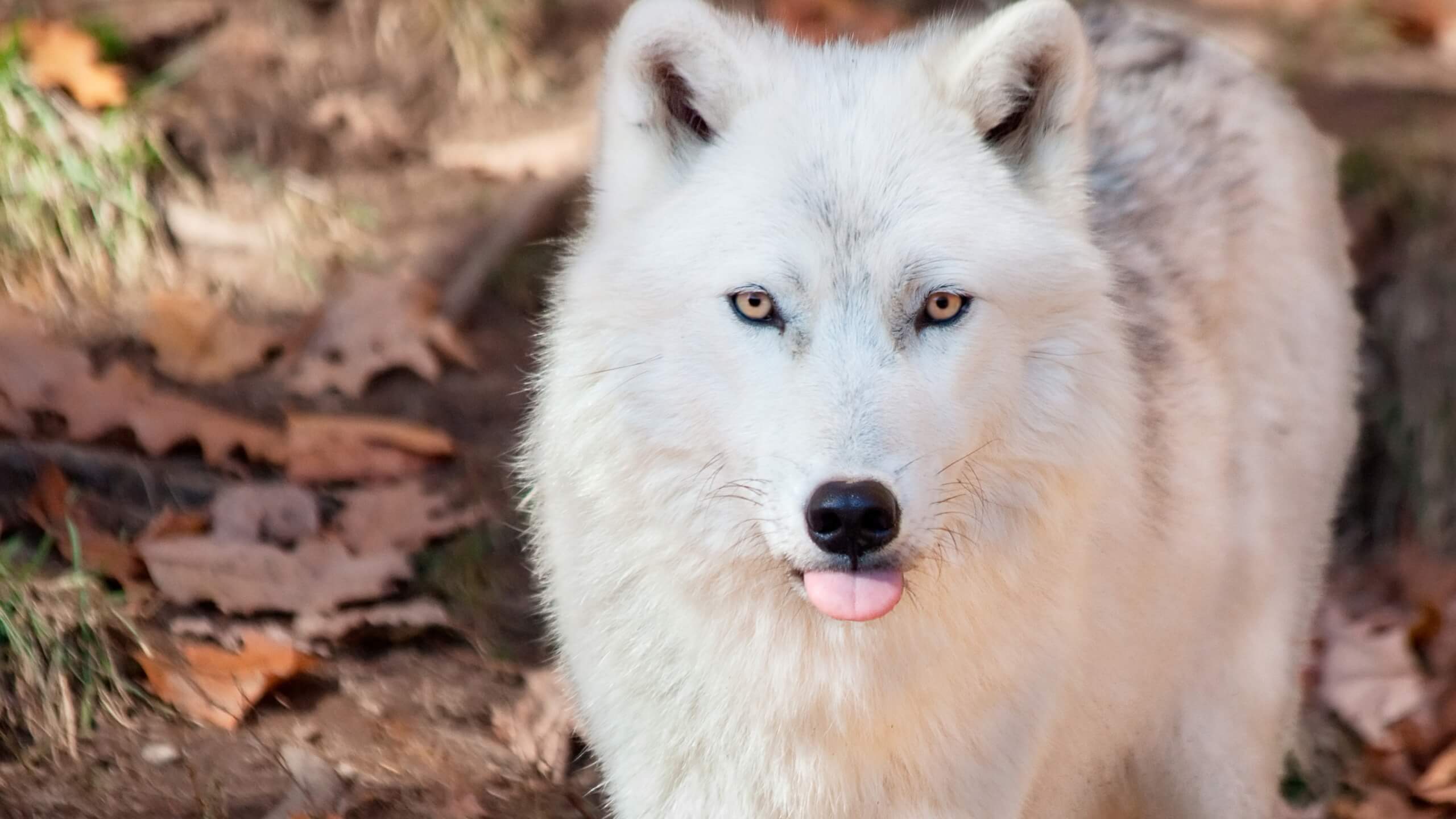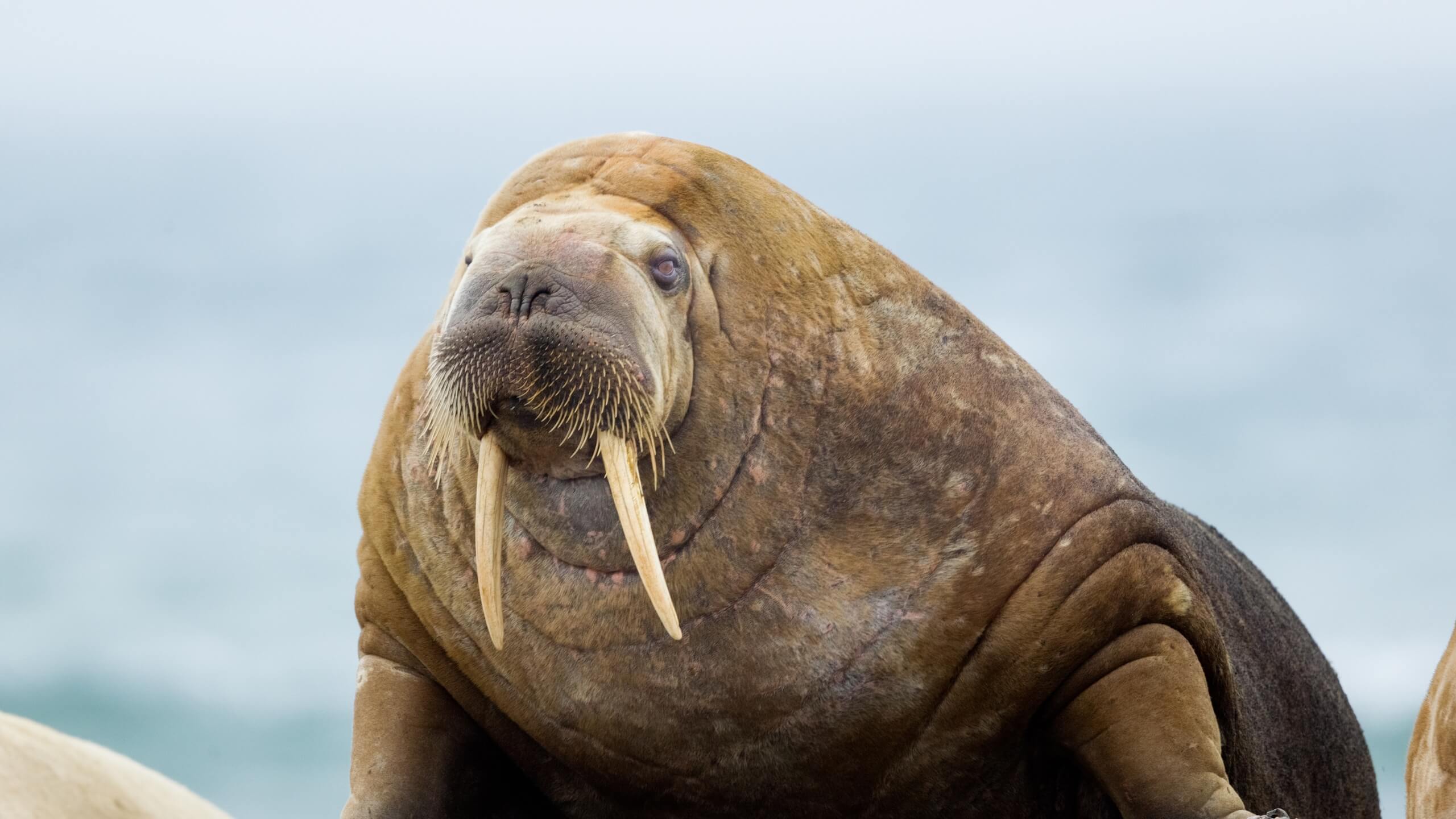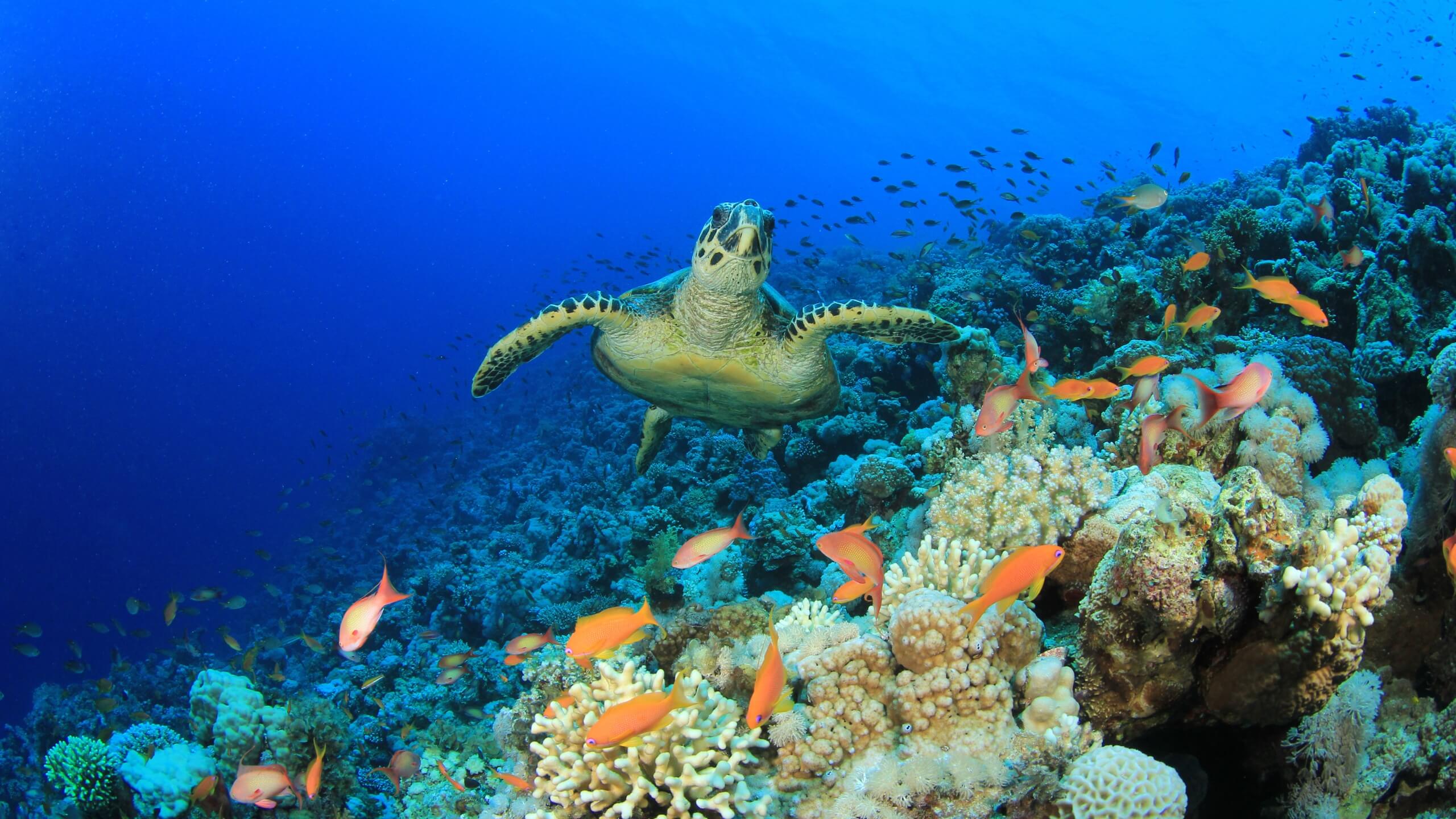Tag: Climate change
The Doomsday Glacier: A Ticking Time Bomb For Rising Seas
The Thwaites Glacier, also known as Doomsday Glacier, is located in West Antarctica. According to this study from Pennsylvania State University, scientists say its melting faster than ever before and could result in a catastrophic sea level rise of up to 2 feet in 5 years. Remember that this rise in sea levels is enough…
Written by
What Will Happen If We Reach Net Zero Emissions?
Net zero emission is a concept that means the balance of the amount of carbon dioxide and other greenhouse gasses released into the atmosphere with an equal amount being removed. This concept is also known as “carbon neutrality” or “climate neutrality” because the emission of carbon dioxide and other greenhouse gasses into the atmosphere is…
Written by
Nature Based Solutions To Climate Change – Innovative Technologies Inspired by Nature
As the world grapples with the challenges of climate change, scientists and engineers are turning to the most efficient innovator known: nature itself. This approach, known as biomimicry, involves studying nature’s best ideas and then imitating these designs and processes to solve human problems. From leaves that can capture carbon dioxide to fungi that decompose…
Written by
How Will Life End On Earth – Possible Scenarios and Their Implications
The future of Earth is a complex and uncertain topic, which has various potential scenarios that scientists explore. According to some scientists, the first living thing appeared on Earth around 4 billion years ago. However, the Earth was still battered by huge space rocks, even though life continued. Many disasters occurred in the Earth’s history…
Written by
Are Beluga Whales Endangered? | Why Are Beluga Whales Endangered?
The beluga whale is a cetacean found in the Arctic and sub-Arctic waters. It is well-known for its distinctive white color and is also known as a white whale. Like many other animal species, human activities and climate change are causing threats to belugas. However, it is currently not an endangered species and its conservation…
Written by
What Does Net Zero Emissions Mean? – Why it is very important for us?
Net zero emissions is a concept, which means the amount of greenhouse gasses released into the atmosphere is balanced by an equal or more amount being removed from the atmosphere. The term was popularized by the Paris Agreement and many nations set a goal to achieve net zero emissions in the near future. Here we…
Written by
What Do Arctic Wolves Eat?
Arctic wolves are a subspecies of gray wolves adapted to the harsh Arctic environments of North America and Greenland. They have thick white fur to blend in with snowy surroundings. Their diet mainly consists of caribou, muskoxen, and Arctic hares, including smaller mammals like lemmings and seals when available. They are skilled hunters, working together…
Written by
What Do Walruses Eat – Walrus’s Diet Facts?
Walruses are large marine mammals that primarily feed on benthic organisms such as clams, mussels, and other mollusks. They also consume a variety of fish species including cod, salmon, halibut and flatfish. A walrus eats up to 5-6% of its body weight in food each day, which can equate to over 25 kilograms (55 pounds)…
Written by
Why Are Coral Reefs Important – Benefit of Coral Reefs
Coral reefs are huge structures underwater that are deposited and built by coral polyps. While corals are marine invertebrates and colonial animals that belong to the class Anthozoa and phylum Cnidaria. Coral reefs are also known as the “rainforest of seas”, because they are one of the most diverse ecosystems on Earth. They provide a…
Written by

